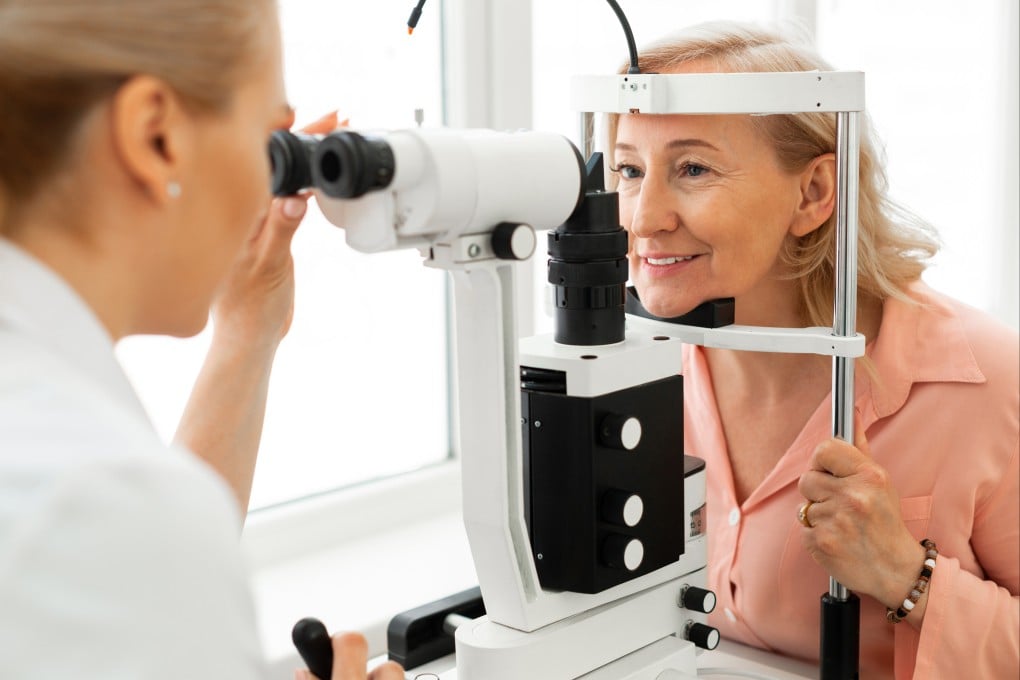Advertisement
Is your distance vision bad? Your risk of getting dementia could be higher, study suggests
- One-third of people with moderate or severe distance-vision impairment, including those who were blind, who took part in a recent study had signs of dementia
- Cataracts, glaucoma, optic nerve problems and macular degeneration can all increase your dementia risk, which is why getting your eyes tested regularly is vital
Reading Time:4 minutes
Why you can trust SCMP

This is the 23rd instalment in a series on dementia, including the research into its causes and treatment, advice for carers, and stories of hope.
Advertisement
The first indication that my mother had had a stroke was evident in her eyesight.
She developed a condition called hemianopia, in which half the field of vision is lost because of damage to the optic nerve in the brain.
In her case, the loss was on the left.
To try to mimic what she could see post-stroke, I covered my left eye with the palm of my hand. When her therapist showed me a simulation on an iPad of how compromised her sight was, though, I discovered my crude attempt didn’t correctly convey her loss of vision: it was much worse than that.

If you cover an eye that sees well with a hand, the uncovered eye is still able to track to the left and the right. Hemianopia usually affects both eyes – mum was entirely blind to her left side.
Advertisement

Advertisement